Description
Lemon Flora Pollination Service
Lemon (Citrus limon) is one of the most important fruit crops grown worldwide, valued for its refreshing taste, high vitamin C content, and multiple culinary and medicinal uses. While lemon trees are self-pollinating, honeybee-assisted pollination significantly enhances fruit set, size, and overall yield. The Lemon Flora Pollination Service ensures effective pollen transfer, leading to higher fruit production, improved quality, and increased nutritional value.
Role of Honeybees in Lemon Pollination
Honeybees are essential pollinators for lemon orchards, actively transferring pollen from flower to flower, which improves fertilization rates and fruit formation. Bee pollination enhances the quantity and quality of the harvest, resulting in larger, juicier, and more flavorful lemons. The increased cross-pollination process also leads to uniform fruit development, making it more appealing for the market.
Key Benefits of Honeybee Pollination in Lemon Farming
- Increases Fruit Yield – Boosts lemon production by 7% to 223%, maximizing orchard productivity.
- Improves Fruit Quality – Enhances size, shape, color, and juice content, making lemons more marketable.
- Organic & Pesticide-Free – Natural pollination eliminates the need for chemicals, promoting healthier and eco-friendly farming.
- Efficient & Cost-Effective – Requires only 4 beehives per hectare, making it a sustainable and affordable solution.
- Boosts Nutritional Value – Increases the vitamin C and essential nutrient content in lemons.
Why Choose Lemon Flora Pollination Service?
Our honeybee-based natural pollination service provides farmers with an effective, pesticide-free method to improve lemon production and quality. With the correct placement of 4 beehives per hectare, lemon growers can experience a remarkable increase in yield and fruit size while maintaining sustainable agricultural practices.
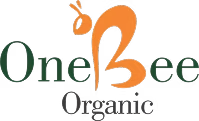
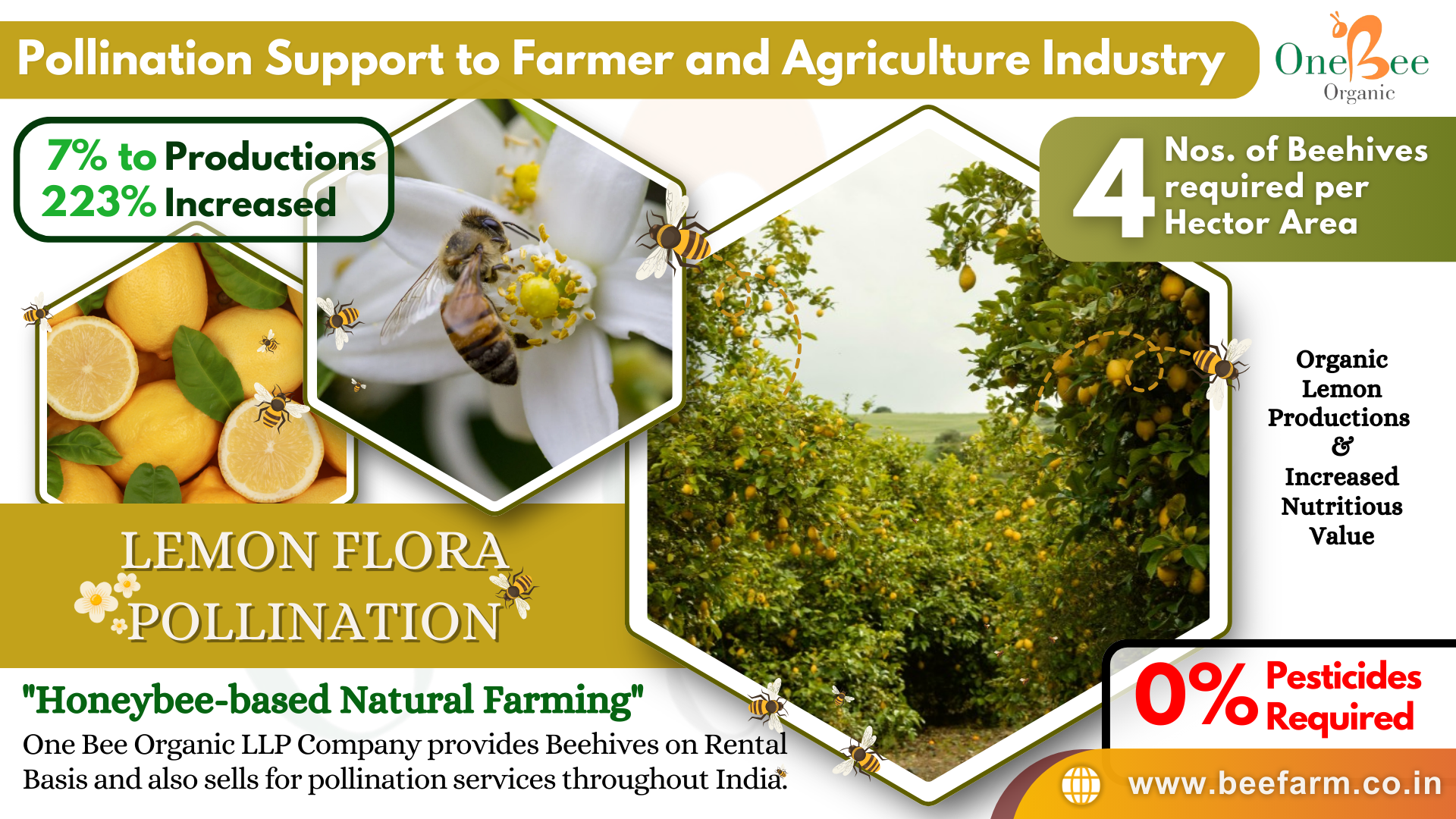
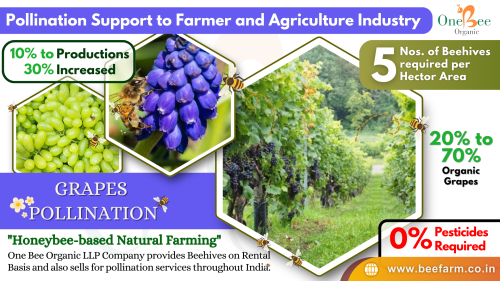
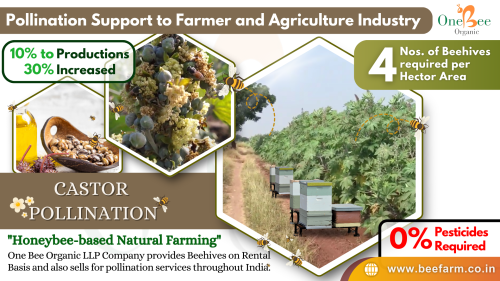
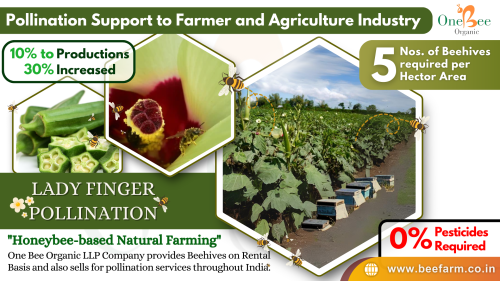
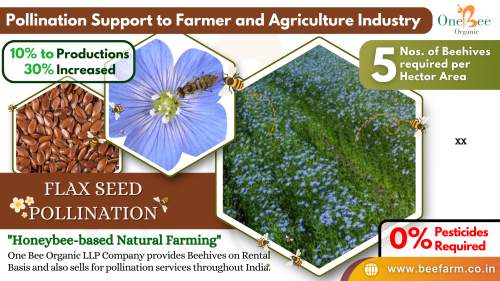
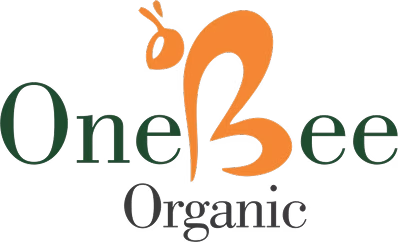
Reviews
There are no reviews yet.